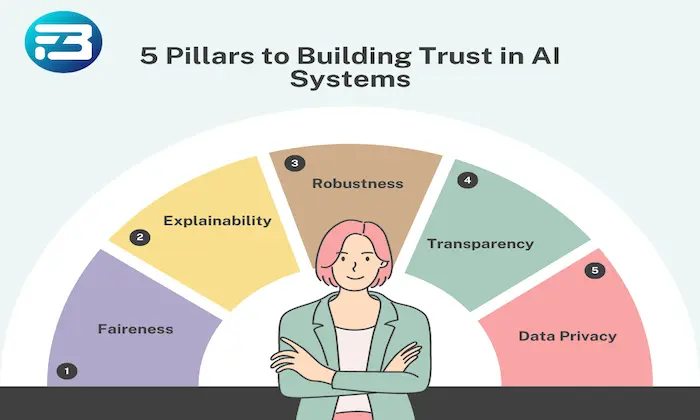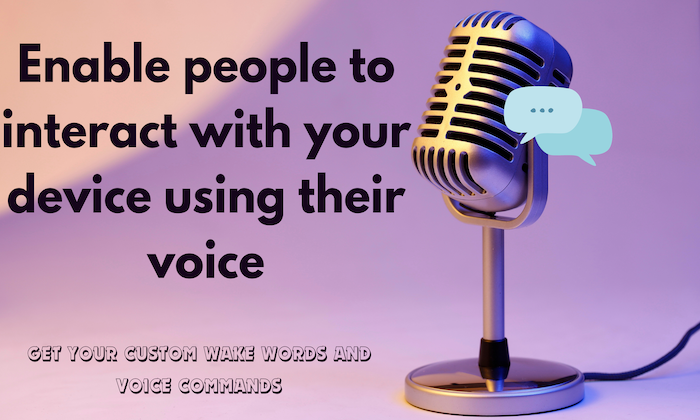Do contributors retain any rights over their recorded voice data?
Data Privacy
Legal Rights
Voice Cloning
Understanding the rights of contributors in voice data collection is essential for both participants and AI developers. These rights revolve around several important dimensions:
1. Informed Consent
Contributors must explicitly agree to the use of their voice data. This involves a documented agreement detailing the intended use of their voice, ensuring contributors are fully aware of how and where their data will be applied.
2. Licensing Models
While contributors often retain ownership of their voice recordings, they grant specific usage rights to AI developers. These can range from one-time licenses for limited use to ongoing royalties for commercial applications. This distinction between ownership and usage rights is crucial, as it dictates the extent and duration of data utilization by AI companies.
3. Revocation of Rights
Many agreements allow contributors to withdraw their consent under certain conditions. This aspect ensures contributors maintain control over their data, enabling them to retract permissions if they are uncomfortable with how their data is being used.
Contributor rights
These are significant for several reasons, directly impacting both ethical standards and practical outcomes in AI development:
- Ethical Practices: Respecting contributor rights fosters trust and transparency, essential for sustainable AI development. Ethical data collection practices attract a diverse pool of contributors, which in turn enhances dataset quality and diversity.
- Legal Compliance: Adhering to legal frameworks, such as GDPR, is crucial. These regulations mandate that individuals maintain certain rights over their personal data, including voice recordings. Non-compliance can lead to legal repercussions and damage to a company’s reputation.
- Market Reputation: Companies prioritizing contributor rights often experience enhanced market credibility. This reputation can draw more participants, leading to better datasets that improve AI model training and performance.
Understanding how these rights function within the voice data ecosystem is important for all parties involved. For instance, companies like FutureBeeAI, which adhere to GDPR and ethical standards, manage contributor rights by implementing robust consent and licensing protocols. This ensures data is used responsibly and contributors feel secure.
Failing to respect these rights can have serious repercussions, such as legal fines or damage to a company’s reputation. For example, a breach in data usage agreements can lead to lawsuits or loss of trust from both contributors and clients.
Best Practices for Managing Contributor Rights
To effectively manage contributor rights, AI companies should focus on:
- Transparent Agreements: Before recording begins, contributors should sign clear contracts detailing their rights and the terms of usage. This clarity helps prevent misunderstandings and fosters trust.
- Continuous Communication: Maintaining an open dialogue with contributors regarding data usage is crucial. Transparency not only builds trust but also ensures contributors are kept informed about any changes in data application.
- Feedback Mechanisms: Contributors should have channels to provide feedback on their experience and the usage of their data. This feedback loop can enhance data collection practices and improve the quality of AI outputs.
In the evolving landscape of AI and voice synthesis, respecting and safeguarding contributor rights is paramount. By adhering to legal and ethical standards, companies like FutureBeeAI not only ensure compliance but also enhance data quality and market reputation. This, in turn, fosters a sustainable ecosystem that values and empowers contributors, paving the way for innovative and responsible AI developments.
What Else Do People Ask?
Related AI Articles
Browse Matching Datasets
Acquiring high-quality AI datasets has never been easier!!!
Get in touch with our AI data expert now!








